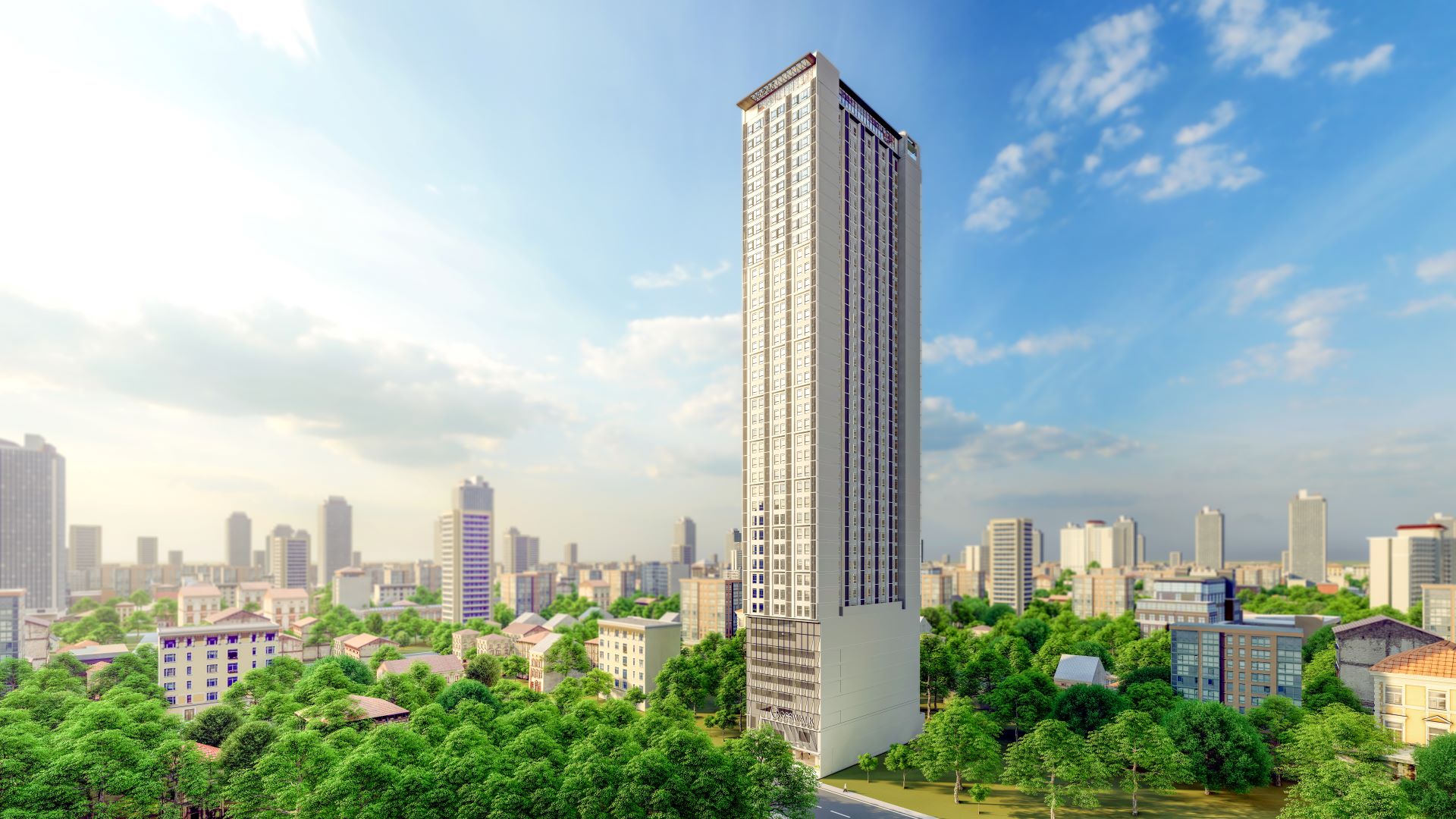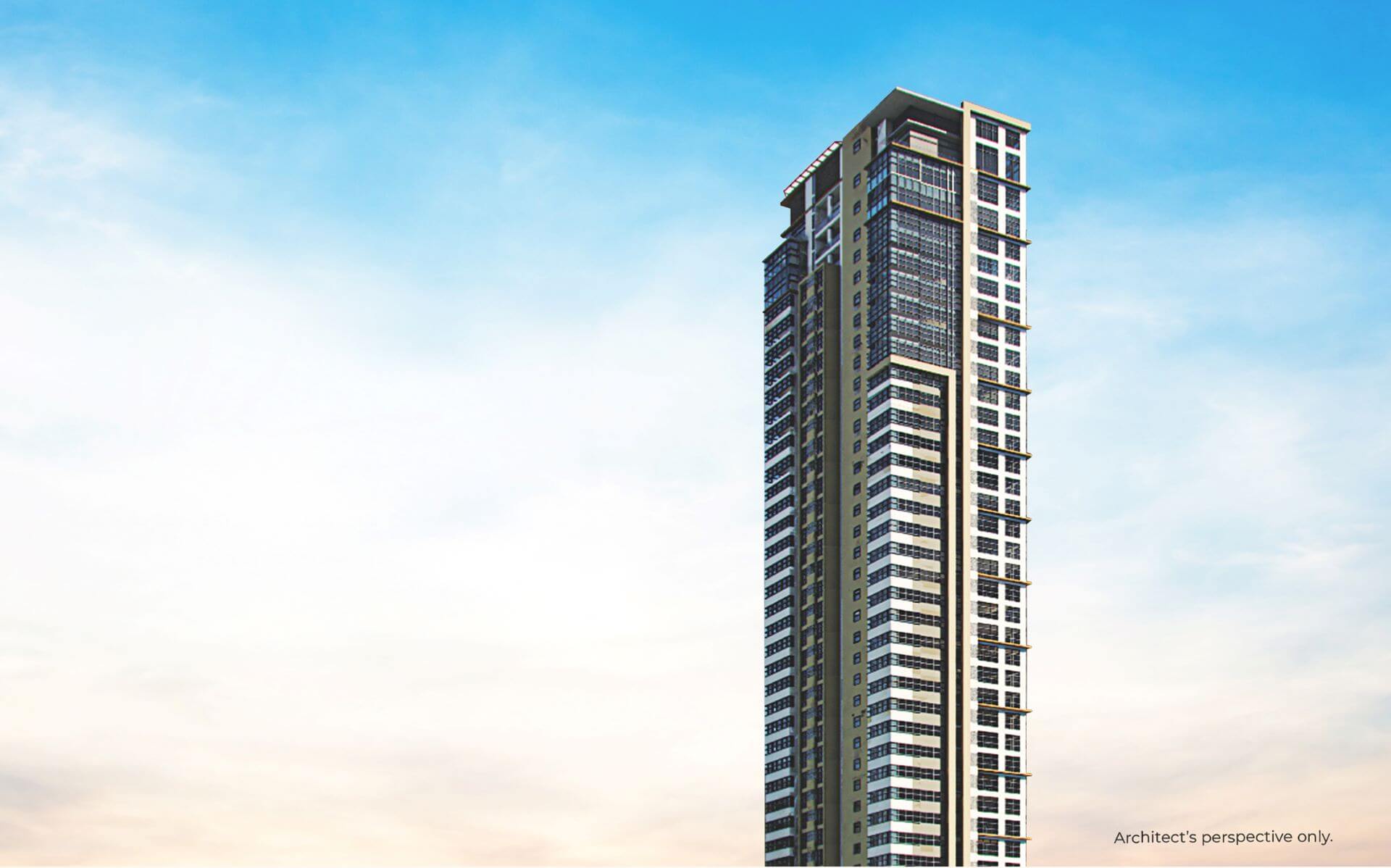There are supporters and critics of the real estate trend toward residential condominiums. On the one hand, people in favor think condos are the best option for urban housing. Living close to a place of employment or study reduces time spent away from loved ones. Many people nowadays are into condo investing.
Two factors, in particular, determine whether a person is happy with their condo unit sizes. One would be the facility's ability to accommodate the activities and values of its residents. The second would be how that living area contrasted with nearby residences. It varies on the type of condo unit.
People now place a higher value on shorter commutes, making micro-sized apartments in cities more popular. Both singles and couples are increasingly attracted to tiny houses. People live more sustainably, travel more, and have more financial freedom by investing in small homes.
On the other hand, living in a small space may be harmful to one's mental health, according to critics. Some experts claim that cramped spaces can lead to claustrophobia and increased stress. Additionally, those who move in find happiness in their new residence, but this increased sense of joy is not maintained as the years' pass. Upon moving, individuals claim to be more content with their homes, but this happiness level declines over time.
Living in a small space can be harmful to your health. You might experience more stress and anxiety if you believe your home is busy, lonely, unpleasant, small, and dark. Living by yourself in a small space can make you feel trapped or confined. As a reaction, you might isolate yourself, which could make you feel lonely.
Being cooped up on a rainy weekend or trapped inside during a cold season are the common types of what we feel when we are isolated. However, it can happen when you feel cut off from or alone in the world.
Indeed, a number of feelings or symptoms known as cabin fever are experienced by people who are kept inside their homes for an extended period of time. A natural disaster, a lack of transportation, or even social isolation for pandemics like COVID-19 may be held responsible for this.
What is Cabin Fever?
When a person is alone or feels cut off from the outside world, they may experience a number of negative emotions and distressing sensations known as cabin fever.
These feelings of loneliness and isolation are more likely to occur when people isolate themselves from others during a pandemic or stay indoors during bad weather. Indeed, if you don't have the right coping mechanisms, cabin fever can cause a number of symptoms that are challenging to deal with.
Even though cabin fever is not a recognized psychological disorder, the feelings are still very real. The suffering is very genuine. It might require going through the motions of daily life challenging.
Symptoms of Cabin Fever
Feeling bored or "stuck" at home is only one of many signs of cabin fever. Symptoms may include:
- Difficulty Concentrating
- Irregular Sleep Patterns, Including Sleepiness Or Sleeplessness
- Difficulty Waking Up
- Restlessness
- Decreased Motivation
- Irritability
- Hopelessness
- Lethargy
- Distrust Of People Around You
- Lack Of Patience
- Persistent Sadness Or Depression
There is no standard "treatment" for cabin fever because it is not a recognized psychological condition, but mental health professionals do acknowledge that the symptoms are very real.
The coping strategy that is most effective for you will depend greatly on your unique circumstances and the original cause of your seclusion. Finding worthwhile activities to keep you busy and stimulate your mind can help you cope with the distress. If you feel the symptoms of cabin fever, seek help.
Consider talking to a mental health professional who can help you understand your symptoms if you feel like your symptoms are getting worse. You and your companion can decide how to deal with the emotions and anxiety together.
Why Does Condo Size Matter?
Your mental health is impacted by your choice of condo units and surroundings. Your love or dislike of your home may depend on a number of factors, including its appearance, size, privacy, perceived density, the people you live with, culture, and finances.
Choosing the right type of condo unit can be difficult because you must consider the condo's size, scale, and aesthetics. Every size and option has advantages and disadvantages, as well as a noticeably different lifestyle and set of responsibilities.
Owning a small condo unit may be the best condo structure for you if you prefer to have all of your necessities close at hand. The average condo size in the Philippines is less than 50 square meters. Compared to living in large homes, getting to the living room, kitchen, bedroom, or comfort room will take less time within the limited space available.
Condominiums may not have as much space as a typical home, but they are perfect for working parents who want to keep their families close because they are close to shopping centers, business centers, and transportation hubs. Compared to a two-story home, a large condominium requires less cleaning time and even strengthens the bonds between family members.
There is a case to be made for the idea that investing in a bigger condo might improve our moods or overall well-being. We require our homes to fulfill a variety of functions due to our modern lifestyles. We need a place to live, work, study, socialize, and unwind.
Our mental health can be negatively impacted by excessive mess and clutter, which can make us feel stressed and anxious. A bigger cut of a condo unit can serve many things in times of disaster and other personal circumstances. You can do any indoor activities to lessen your boredom.
According to studies, we are actually in charge of our attitude toward life and can change it by making small changes to the routines that make up our daily lives. Because our homes are an extension of who we are, everything we make impacts how we feel, how productive we are, and how we view the world.
For more information on Vista Residences, email [email protected], follow @VistaResidencesOfficial on Facebook, Twitter, Instagram, and YouTube, or call the Marketing Office at 0999 886 4262 / 0917 582 5167.
_11zon.jpg)








